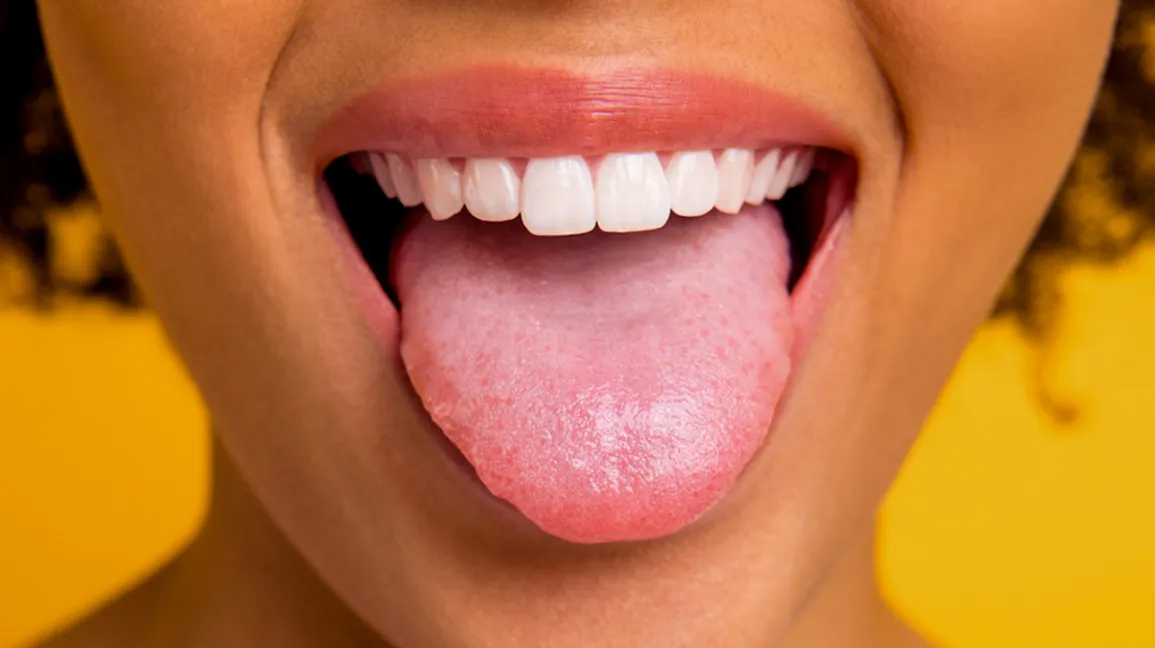Cuts On Tongue
Do you have to deal with painful cuts on your tongue caused by teeth that are too sharp? This is a widespread problem. It can be frustrating and uncomfortable. There are several ways to relieve the pain and prevent further cuts. There are many options, from simple solutions like mouthwash or avoiding spicy food to more complex ones like orthodontic treatment. This article will explore the best ways to minimize the risk of a tongue cut when you have sharp teeth. These tips can help you avoid tongue cuts, whether your teeth are already sharp or you recently had dental work. Let’s start and learn how to keep your teeth and mouth pain-free.
Why does the tooth become sharp?
Sharp teeth can occur for a variety of reasons. The teeth are naturally shaped differently in some cases. Some people have canines that are naturally pointed, and this can make them more likely to cause tongue injuries. Other teeth can become sharp over time due to wear. It can be caused by grinding and clenching your teeth. This can make the edges of the teeth jagged. Sensitive teeth are also a possible side effect of dental treatments such as braces and other orthodontic treatments.
Sharp teeth on tongue cuts
A set of sharp teeth is more than a mere nuisance. Sensitive teeth can be a threat to your oral hygiene. Sharp teeth can cause pain, discomfort, and infection when they cut the soft tissues of the mouth. Sharp teeth can also make it difficult to swallow and chew food, leading to digestive problems and poor nutrition. Sensitive teeth can also cause other teeth to be damaged because they can cause friction and wear away the enamel.
Damages to dental work: Sharp teeth can damage dental work such as braces, retainers, or fillings. They may even cause the devices to be dislodged.
Difficulty Eating: Extremely Sharp Teeth can make eating certain foods more difficult or cause discomfort while biting on hard items.
Infection: Bite from sharp teeth may cause the skin to break and increase the risk of disease.
Avoid tongue cuts by avoiding sharp teeth in children.
Teach your child proper chewing and biting techniques: Please encourage them to chew with their back teeth and avoid biting too hard on hard or sharp objects.
Give your child easy-to-chew food: To minimize discomfort, offer your child foods that are soft and easy to chew, such as cooked vegetables, portions of pasta, or soft fruits.
Promote dental hygiene: Make your child brush and floss regularly to prevent decay and gum disease.
A mouth guard can protect your child’s mouth and gums if they have sharp teeth.
Smooth jagged edges: Your dentist can smooth sharp edges or rough edges to reduce the risk of injury and make your child’s mouth more comfortable.
Watch for changes: Look for signs of wear and transitions in your child’s smile. This could be a sign that underlying dental issues need to be addressed.
Tips for dealing with sharp teeth in Adults
Practice good oral hygiene. Regularly brush and floss your teeth to prevent decay and gum disease.
Use your back teeth to chew and avoid biting on hard or sharp objects.
A mouth guard can protect you from injury and discomfort caused by sharp teeth.
